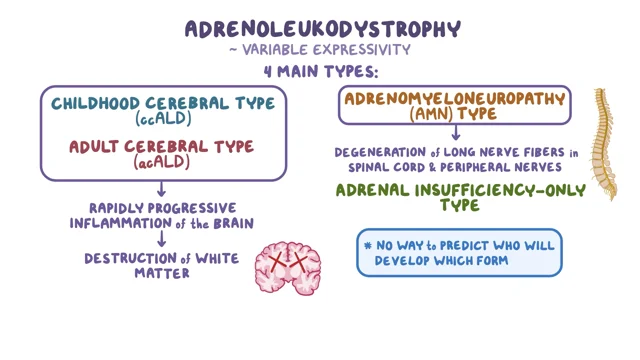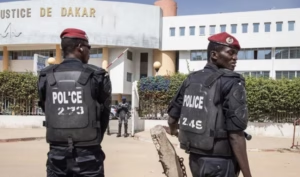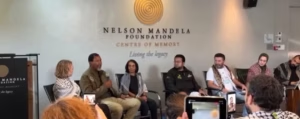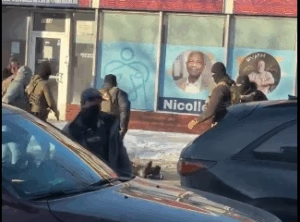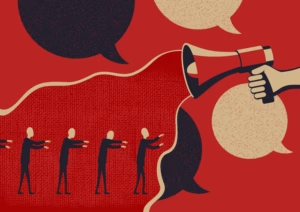In June, brothers Abu-Talib (7) and Ayyub (4) from Constantia were diagnosed with Adrenoleukodystrophy (ALD), a rare and severe genetic disorder that primarily affects the brain. The outlook for this condition is dire, with the boys’ only chance of survival resting on the success of bone marrow transplants.
In a determined effort to save the boys, their family has initiated the #HelpSaveBrothers campaign, organizing multiple bone marrow drives across the Western Cape.
Speaking on VOC’s News Beat show, the boys’ maternal aunt, Mashuda De Vries, shared the emotional journey the family has endured.
“Last month, Abu-Talib was hospitalized because he was not responding at home, and a few days later, test results revealed that he was diagnosed with Adrenoleukodystrophy. Since it’s a genetic disorder, they also tested Ayyub, and his test came back positive as well,”
De Vries recounted.
Adrenoleukodystrophy (ALD) is a genetic condition that impacts the adrenal glands, spinal cord, and white matter in the brain. The disorder stems from mutations in the ABCD1 gene, leading to the buildup of very long-chain fatty acids (VLCFAs) in various body tissues. This accumulation disrupts normal cell function, particularly within the nervous system and adrenal glands.
De Vries further explained the potential outcome of the treatment.
“The bone marrow transplant will unfortunately not heal the boys, but it will stop the disease. Essentially, we are stopping the progression of the disease, and that can only be done by getting donations of blood cells,”
she said.
She also highlighted the straightforward nature of the testing process, noting that it involves a quick cheek swab that takes just three minutes.
“If you are a match, the procedure is similar to donating blood,”
she added.
Since the campaign’s inception, the family has been tirelessly organizing bone marrow drives to encourage people to get swabbed and registered with the bone marrow registry, which is managed by DKMS. DKMS is a non-profit organization dedicated to combating blood cancer and blood disorders.
“We’ve been looking for several events and reaching out to organizers to see if we can be part of them. We’ve also been contacting masjids to set up a table after Jumuah,”
said De Vries, detailing the lengths to which the family has gone to ensure a broad outreach.
Despite these efforts, the response has been slower than hoped, and the journey has been fraught with challenges.
“To get registered as a donor is quite simple. You need to be between the ages of 16 and 55, complete a form, and do three swabs in your mouth. The tests are then sent off for analysis, and we await the results,”
De Vries explained, underscoring the simplicity of the registration process.
She stressed the critical importance of finding a suitable match for the boys, despite the daunting odds.
“We are hoping that in the first round of results, we do find a match,”
she said, expressing the family’s hope that their efforts will soon bear fruit.
The family’s campaign continues, driven by the hope that a match will be found to give Abu-Talib and Ayyub a fighting chance against this devastating disorder.

